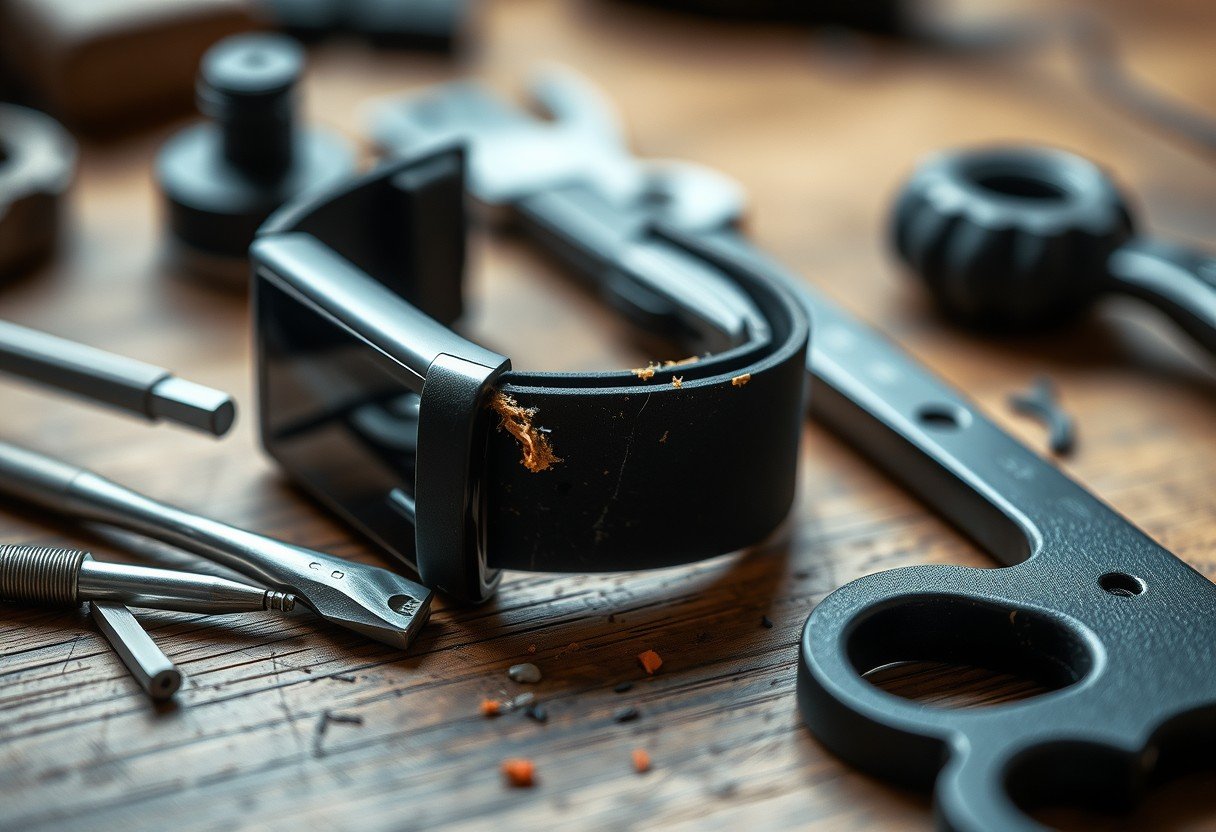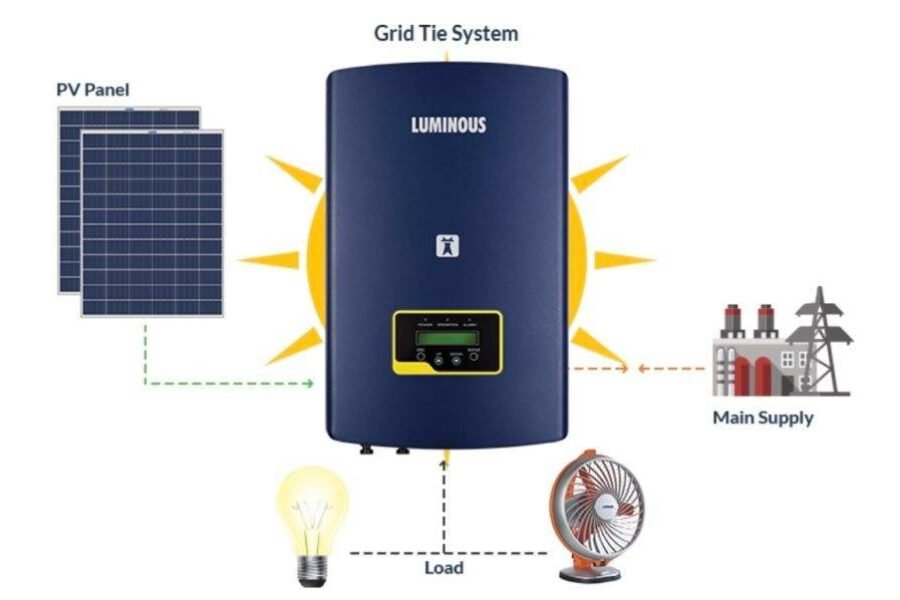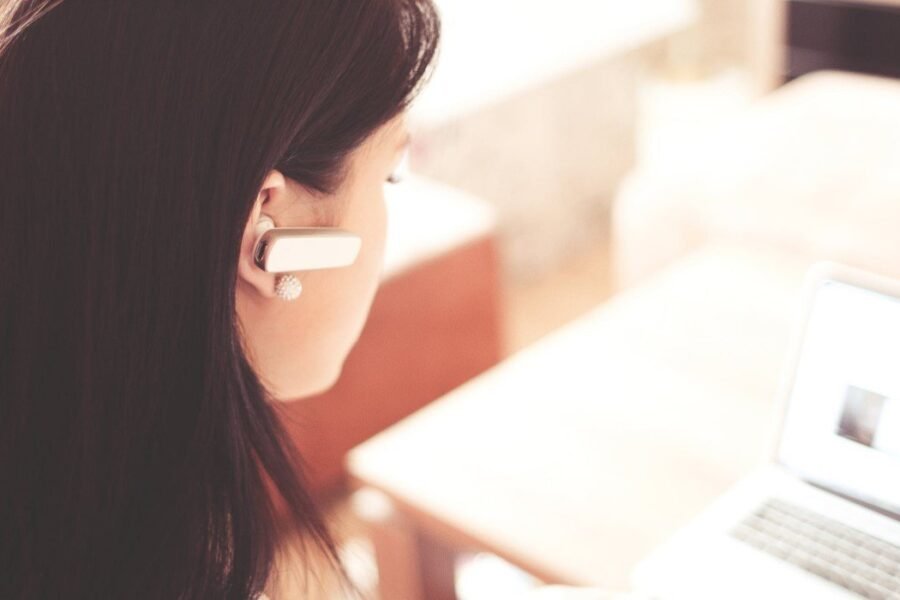In today’s society, people are growing more and more concerned about the invasion of privacy and protecting their identity. A survey from Blue Fountain Media found that 90% of the respondents are concerned about their privacy and about half wish more was being done. With advancements in artificial intelligence and data moving from on-premise servers to the cloud, these concerns about privacy and being tracked are more prevalent than ever. No one wants “big brother” knowing where we are with our every move. As Americans we have rights, and our government should not have the ability to watch us and control us; we control the government. This is what our country was built on.
However, it’s not only the government but huge corporations such as Google, Facebook,
Microsoft and Amazon that have triggered huge privacy concerns. These companies can already track our every move on the internet as found by a Princeton study, which discovered that 76 percent of websites contain hidden Google trackers and 24 percent contain hidden Facebook trackers.[1] With IOT devices such as Google Home, Facebook’s upcoming Aloha and Fiona, Microsoft’s Cortana-powered devices, Amazon’s Alexa these privacy concerns have extended offline as well. These devices can listen in on every conversation, and are vulnerable to hackers and other malicious parties. The security firm Checkmarx was able to convert an Alexa into a spying device with “no intensive meddling required.”[2] Amazon since fixed the exploit found by Checkmarx, but that will not stop hackers from finding other exploits and other ways.
For business owners, these vulnerabilities are especially worrisome as security technology
continues to move toward cloud-based surveillance cameras. Like Amazon’s Alexa, cloud based surveillance cameras can record conversations – but perhaps of even greater concern, they can record video as well.
To this end, if you are buying a cloud based security system with an app and a website to track analytics, you need to be sure that hackers can’t log in and see what is happening in your camera and/or alarm system. Hackers can identify and track the people you are trying to protect. Depending on the type of data that gets compromised because of vulnerabilities in your security system, you as a business owner may be liable. Forty-three percent of cyber attacks target small businesses and sixty percent of small businesses go out of business within six months of a cyber attack.[3] Once a consumer finds out that their data’s been compromised and their privacy’s been violated due to a vulnerability in your security system, you have lost that consumer’s trust, and you may have lost a very loyal customer.

It’s enough for consumers to worry about the government acting as “Big Brother” and invading their privacy. They do not want to worry about their privacy being compromised due to vulnerabilities in their local businesses’ security systems.
As such, you want to be sure you have a camera security system that is not fully in the cloud. Fully cloud-based surveillance systems will open you up to disastrous consequences if your system ever gets hacked. Hybrid systems that leverage both the cloud and local storage in order to silo data can prevent hackers from accessing all of a user’s data at once. That protection can mean the difference between a consumer having all of their sensitive data exposed or only some of it. In today’s world, that difference might just save your business.








Leave a Comment